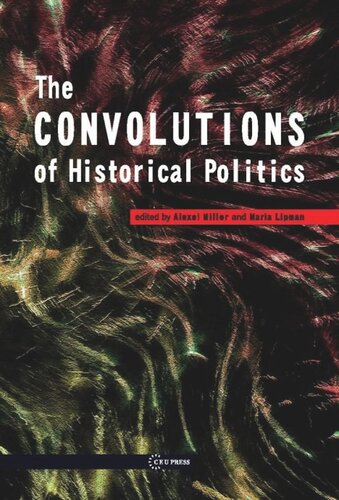

Most ebook files are in PDF format, so you can easily read them using various software such as Foxit Reader or directly on the Google Chrome browser.
Some ebook files are released by publishers in other formats such as .awz, .mobi, .epub, .fb2, etc. You may need to install specific software to read these formats on mobile/PC, such as Calibre.
Please read the tutorial at this link: https://ebookbell.com/faq
We offer FREE conversion to the popular formats you request; however, this may take some time. Therefore, right after payment, please email us, and we will try to provide the service as quickly as possible.
For some exceptional file formats or broken links (if any), please refrain from opening any disputes. Instead, email us first, and we will try to assist within a maximum of 6 hours.
EbookBell Team

0.0
0 reviewsThirteen essays by scholars from seven countries discuss the political use and abuse of history in the recent decades with particular focus on Central and Eastern Europe (Hungary, Poland, Estonia, Moldova, Ukraine, Russia as case studies), but also includes articles on Germany, Japan and Turkey, which provide a much needed comparative dimension. The main focus is on new conditions of political utilization of history in post-communist context, which is characterized by lack of censorship and political pluralism. The phenomenon of history politics became extremely visible in Central and Eastern Europe in the past decade, and remains central for political agenda in many countries of the regions. Each essay is a case study contributing to the knowledge about collective memory and political use of history, offering a new theoretical twist. The studies look at actors (from political parties to individual historians), institutions (museums, Institutes of National remembrance, special political commissions), methods, political rationale and motivations behind this phenomenon.